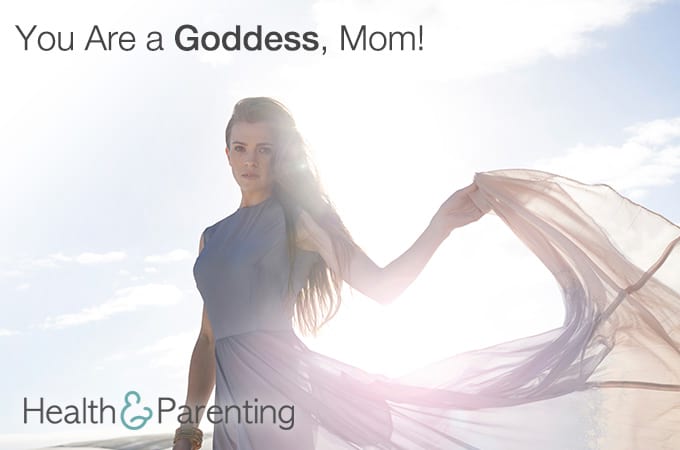Like unsolicited advice, old wives’ tales and superstitions seem to surround birth and babies. You may give birth on a lucky day of the week, or when the stars are in alignment. Or your baby may have poor luck being born under a certain sign or during a particular year. In fact, one tale holds that Thursday has a single lucky hour, just before sunrise, for birth (so maybe you can plan ahead for that the next time you go into labor).
Do you have a lucky baby? What other superstitions could shape your baby’s temperament and fortune?
Born in the caul
From ancient times to modern, if a baby is born within an intact amniotic sac, he is thought to have good luck. In the past sailors paid large sums for a caul (amniotic sac) as a protective charm against drowning. Caulbearers (those born in the caul) are thought to be natural healers as well as insightful thinkers.
Birthmarks
Some cultures believe touching a birthmark confers luck. Location and shape seem to matter a great deal when it comes to the meaning of a birthmark. For instance, one tale suggests that a mark on baby’s right arm signals future wealth, but a mark on the left arm signals poverty. A birthmark in the middle of the chest indicates luck and prosperity. A birthmark in the shape of a heart, cross or star means luck and maybe even religious enlightenment. Some see birthmarks as gifts or wishes. Strangely, others see them as marks of evil.
What’s in a name?
In some parts of the world, people use names like “stinky pig” and “dog fart” for newborns to confuse evil spirits and steer them away from the baby. Even calling baby by different names is enough to keep evil at bay in other cultures.
Fashion forward
To avoid bad luck, don’t pull clothes over your baby’s head. In the middle ages, it was thought to be bad luck to dress baby at all. Irish legend says to dress a baby boy as a girl to keep the devil away. In Scottish legend, babies are protected by wrapping them in dad’s clothes and later by passing the child three times through mom’s petticoats. Bad luck abounds for those who wash baby’s first diaper or hang diapers to dry in the moonlight.
Follow directions
Never carry a baby downstairs when first taking him out into the world. Go upstairs first to ensure your baby’s prosperity and rise in life. Or consider saying an Irish prayer as protection against evil spirits and sorrows while holding baby up to the south wind.
Personal hygiene
Don’t cut baby’s nails or wash his hands before 12 months unless you’d like to invite ill luck, though you might bring good luck by spitting on baby or rubbing his head with money.
Weaning
Some traditions suggest babies should only be weaned in May, August, November or January and always at the full moon (as if there isn’t enough misinformation out there about breastfeeding). Others say it’s bad luck to wean a baby in early Spring.
Have you heard any of these tales? What’s your baby’s destiny?
Written by Michelle, childbirth instructor, lactation consultant, and mother to 4 busy kids
This information is not intended to replace the advice of a trained medical doctor. Health & Parenting Ltd disclaims any liability for the decisions you make based on this information, which is provided to you on a general information basis only and not as a substitute for personalized medical advice. All contents copyright © Health & Parenting Ltd 2016. All rights reserved.











